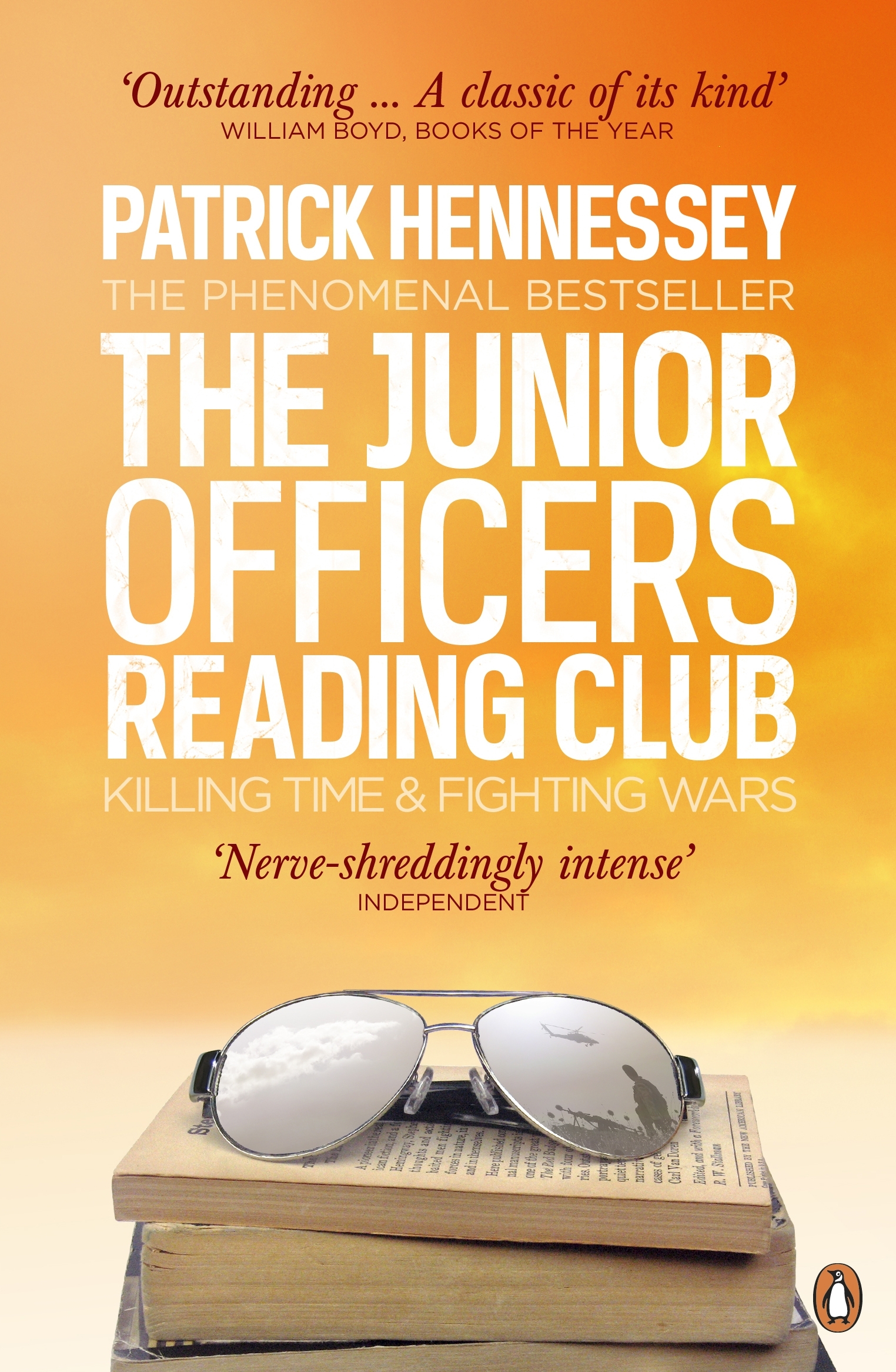The Junior Officers’ Reading Club: Killing Time and Fighting Wars is a book, published in 2009, by former Grenadier Guards officer Patrick Hennessy. It 'is the story of how a modern soldier is made, from the testosterone-heavy breeding ground of Sandhurst to the nightmare of Iraq and Afghanistan. Showing war in all its terror, boredom and exhilaration, The Junior Officers’ Reading Club is already being hailed as a modern classic.'[1]
The book is available for purchase in a range of electronic and hard copy formats from a number of retailers (online and otherwise). There are a few hard copies available to borrow from the Defence Library Service, and you can borrow an electronic version from their Digital Media Library.
As indicated in Joe Byerly’s post at fromthegreennotebook.com, there is more to professional reading than ‘reading a bunch of books’. What follows below are suggestions, which could be incorporated in either self-directed study or a unit-level PME program, on how to maximize the learning and development benefits of reading The Junior Officers' Reading Club.

The Junior Officers Reading Club by Patrick Hennessey, 2010
Suggestion 1: Read the book
This sounds obvious, but is a critical start point. Skimming sections of the book, or looking at book reviews won’t be enough. Try to plan for reading time in your daily or weekly schedule, and give yourself a deadline to finish the book. If you struggle with making time to read, consider Richard Simson’s tips for using podcasts or audio books instead.
Suggestion 2: Discuss the book
Get a group together and talk about the book. You might find that a simple ‘did you like the book and why?’ will be enough to start a robust conversation. If not, try posing a specific question or two. The questions below should generate some debate:
- At times, Hennessy is quite scathing about the training environment, and particularly training scenarios. He regularly bemoans the lack of training on ‘the war’ in favour of training for ‘a war’. Is this valid?
- General Krulak’s 1999 paper ‘The Strategic Corporal: Leadership in the Three-Block War’ postulates that in modern warfare, soldiers could face the entire spectrum of tactical challenges in the span of a few hours and within the space of three contiguous city blocks. Do Hennessy’s experiences, as described in the book, prove or disprove this theory?
- The ‘bones’ of the book are based on Hennessy’s diaries, orders notebooks, and emails home. Writing letters and keeping a diary were once commonplace, and much of what we know about past conflicts is grounded in these documents. Is this still the case? Has social media, and the information-heavy environment, changed the way that we record our thoughts and perceptions of the operations or conflicts that we’ve been involved in?
Suggestion 3: Reflect
Reflection, or deliberate thinking, is a key element of learning. It requires a conscious effort to consider theories or events, and develop personal insights about them. Reflection helps to bridge the gap between the ‘high ground’ of theory and the ‘swampy lowlands’ of practice. In other words, it helps us to explore theories and to apply them to our experiences. These can either be formal theories from academic research, or your own personal ideas.[2]
You could reflect using the questions above, or perhaps use the ‘what, so what, now what’ process[3]:
- WHAT did I learn from reading The Junior Officers’ Reading Club?
- SO WHAT does that learning mean for my own practice as a military professional?
- NOW WHAT am I going to do about (with) what I’ve learned?
For a bit more intellectual rigour, you could include a second WHAT – what do the experts say? – and do some research and additional reading.
Suggestion 4: Record
There is a theory that learning only occurs when thoughts are put into language, verbal or written, so write down the results of your reflection. A journal can be useful here, or write something that can be shared - an essay, a brief, or a blog post. Alternatively, talk about the things that your reflection identified – make an audio recording of your thoughts, prepare a podcast, or formally present your ideas to an audience.
The Junior Officers’ Reading Club highlights a range of issues for consideration by the military professional, and for the junior officer in particular. It’s an enjoyable read and, with a little extra effort, has the potential to generate deeper individual learning and development.









